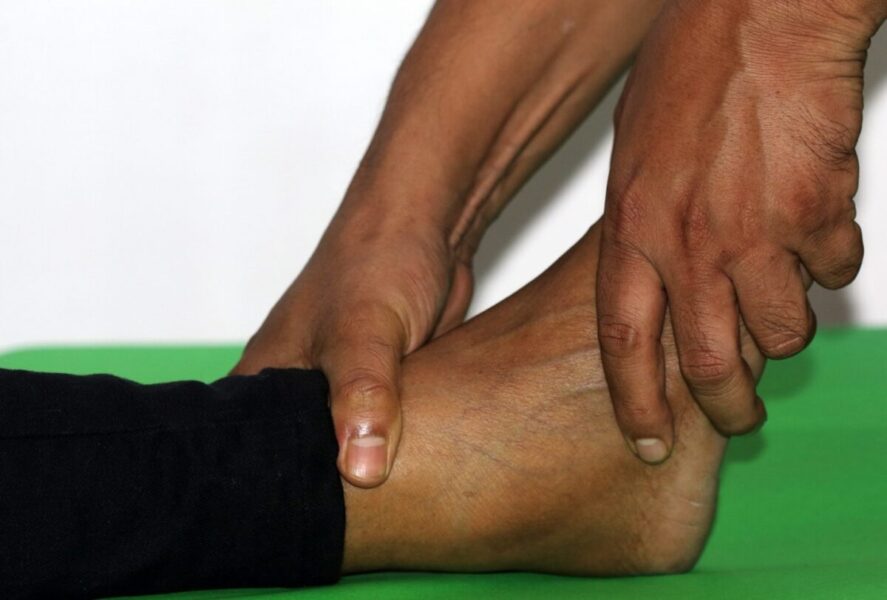Exploring the Mind-Body Connection: Orienteering for Improved Exercise and Cognitive Skills
In today’s fast-paced world, finding the perfect balance between physical activity and mental sharpness is crucial for overall well-being. Have you ever heard of orienteering? It’s not just a recreational activity; it’s a holistic experience that can enhance both your physical fitness and cognitive abilities. In this blog, we’ll delve into the world of orienteering and explore how this outdoor adventure sport can be the key to unlocking better thinking skills.
The Art of Orienteering:
Orienteering is more than just a sport; it’s a navigational challenge that combines outdoor exploration with:
- map reading
- decision-making
- physical endurance
Unlike traditional exercises, orienteering requires you to think critically while on the move. The concept is simple: armed with a map and a compass, participants navigate through a natural environment to locate specific markers, also known as control points. This unique blend of physical exertion and mental engagement makes orienteering an exceptional activity for individuals of all ages.
The Cognitive Benefits:
Engaging in orienteering doesn’t just boost your physical fitness; it also provides a range of cognitive benefits. Researchers have found that the mental demands of reading maps, planning routes, and making real-time decisions during orienteering exercises can enhance various cognitive skills, including:
- Spatial Awareness: Navigating through unfamiliar terrains sharpens your spatial awareness and enhances your ability to mentally visualize landscapes.
- Problem Solving: Orienteering is essentially a series of problem-solving challenges. Deciding on the best route, adapting to changing conditions, and overcoming obstacles all contribute to improved problem-solving skills.
- Memory and Concentration: Keeping track of multiple control points and their locations hones your memory and concentration abilities.
- Decision-making: Quick decision-making is essential in orienteering, as participants need to choose the most efficient route while considering various factors like terrain, distance, and time constraints.
- Stress Management: Orienteering exposes you to controlled stressors, helping you develop resilience and learn how to manage stress in a dynamic environment.
Physical Fitness and Wellness:
Beyond the mental benefits, orienteering is an excellent form of physical exercise. The combination of:
- walking
- running
- climbing
in natural settings provides a full-body workout that improves cardiovascular health, strengthens muscles, and enhances overall endurance. Orienteering encourages you to explore new outdoor spaces, breathe in fresh air, and connect with nature – all of which contribute to a sense of well-being and reduced stress.
Getting Started:
Ready to embark on your orienteering journey? Here’s how to get started:
- Learn the Basics: Familiarize yourself with orienteering basics, including map symbols, scale, and compass use.
- Join a Club: Many local orienteering clubs offer events and training sessions for beginners. Joining a club can provide you with guidance and camaraderie.
- Practice Regularly: As with any skill, consistent practice is key. Start with beginner-friendly courses and gradually challenge yourself with more advanced routes.
- Stay Safe: Orienteering often takes place in natural, sometimes remote, environments. Prioritize safety by wearing appropriate clothing, bringing essential supplies, and informing someone about your plans.
To learn more, check out this summary from Harvard Health Publishing.
Engaging in orienteering can lead to improved cognitive skills, enhanced physical fitness, and a deeper connection with the natural world. Improve your cognition and focus with Brain Vitale from Asher Longevity Institute. This remarkable supplement enhances mental clarity, sharpens planning skills, and boosts organizational acuity. It also improves spatial relationships, maximizing your cognitive capabilities.




